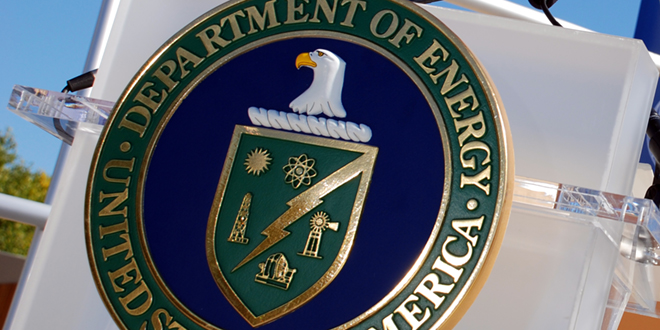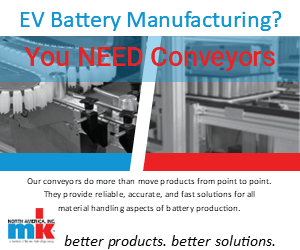These days, not a week goes by without an announcement of some major electrification initiative from a major carmaker: Nissan’s new LEAF is coming to the US soon, GM is actually advertising its Bolt EV, VW and Daimler have each announced a range of new EVs (for China, at least), and Volvo and Jaguar have declared that their entire fleets will be “electrified” in the near future.
However, even as they trumpet their green ambitions in the press, these same companies are fighting in Washington to gut environmental protections that encourage electrification.
Margo Oge served as the Director of the EPA’s Office of Transportation and Air Quality from 1994 to 2012, and wrote a fine book about her experiences called Driving the Future. In a recent article in Fortune, Ms. Oge explains that the 2025 Light Duty Vehicle Standards, which are set to double the average fuel efficiency of US vehicles to 54.5 miles per gallon, is under attack by the auto industry, egged on by a new president eager to roll back any and all environmental regulations.
The plan, which Ms. Oge helped to develop, came into effect in 2012, and was carefully crafted to balance environmental needs with the industry’s concerns. So far, the auto industry has been able not just to meet, but to exceed the standards – some 17% of 2016 models already meet the 2020 standards of 41 mpg. Drivers have already saved over $47 billion in fuel costs. Auto industry profits are at 10-year highs, in part because the actual cost of compliance with the fuel economy regulations turned out to be lower than was estimated in 2012.
A huge cross-section of Americans believes that the standards need to stay. At a recent EPA public hearing, nearly 100 speakers gave testimony supporting the 2025 standards and explaining how the benefits outweigh the costs. The Blue Green Alliance testified that clean vehicle technology supports 288,000 manufacturing and engineering jobs at 1,200 facilities in 48 states. A United Steelworkers official said the regulations push innovations that create jobs, such as lightweight steel to improve fuel economy. General James Conway of Securing America’s Future Energy said that the standards represent one of the “greatest weapons” against reliance on foreign oil. Consumers Union reported that its surveys indicate overwhelming public support for strong fuel economy standards.
So, let’s get this straight: The automakers want to water down regulations that they are already meeting, that are saving their customers huge amounts of money, and that car buyers, unions and politicians on both left and right want to keep? What’s the reason for this seemingly irrational behavior? Oge suggests that it may be “an anachronistic belief in boardrooms that regulatory rollback means higher profits.”
“These board members need to take a step back and consider the companies seizing the future,” writes Oge. “Tesla, born and bred on California’s historically stricter environmental standards, has seen its market cap explode over the past five years from around $3 billion to over $56 billion. Uber, the company that made ride-sharing a global phenomenon, went from a market cap of virtually nothing to nearly $70 billion.”
However, perhaps the companies’ behavior can best be explained by the current doctrine that corporations are people. Richard Thaler, who won the 2017 Nobel Prize in Economics for his work on humans’ lack of rational decision making, explained that people are perfectly irrational.
However endearing irrational behavior may be, it doesn’t tend to be good for people’s finances. “I can only hope [automakers] see that their long-term viability depends on an unequivocal commitment to the future of transportation – a future that is clean, smart, and shared,” says Oge. “They can’t shift into reverse and drive forward at the same time.”
Source: Fortune


















































